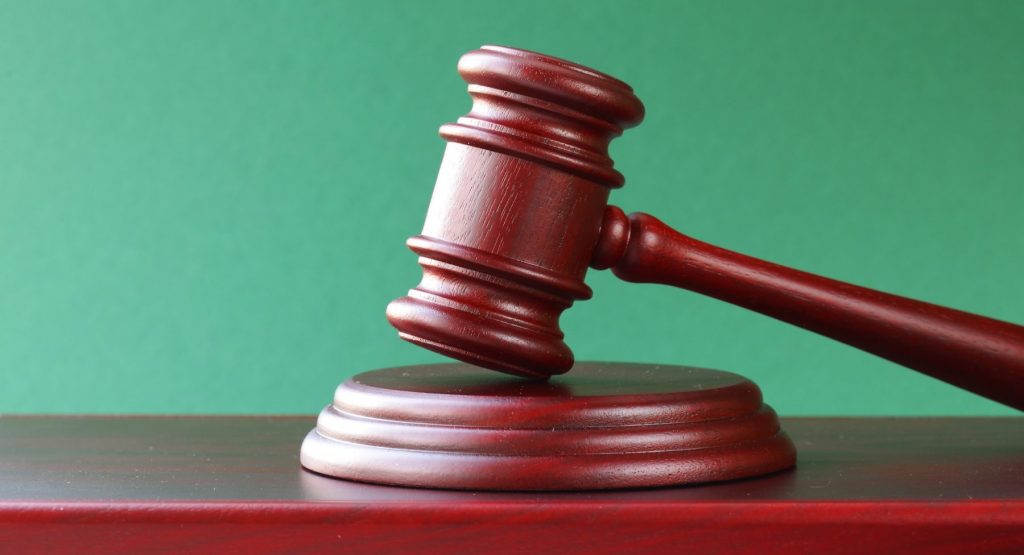Being sentenced to house arrest can be a confusing and overwhelming experience. If you’ve been ordered to serve time under home detention in Indiana, understanding what lies ahead will help you prepare and comply with the court’s orders.
House arrest is more than simply staying at home. It involves strict guidelines, electronic monitoring, and clear expectations from the court, all designed to ensure accountability while allowing an individual to remain in their community.
This guide provides a thorough breakdown of what you can expect, covering eligibility, rules, technology, potential violations, and more.

Eligibility for House Arrest in Indiana
Not everyone qualifies for house arrest in Indiana. Eligibility is determined by several factors and ultimately decided by a judge based on the specifics of your case. Here are some common considerations:
- Nature of the Offense: Those convicted of non-violent or first-time offenses may have a better chance of qualifying. Dangerous or repeat offenders are less likely to receive this option.
- Criminal History: Courts often review your prior convictions before granting house arrest. A clean or minimally tainted record improves your chances.
- Risk to Society: If you’re deemed a low risk to public safety, house arrest may be offered as an alternative to incarceration.
- Victim Statements: Statements from victims, if applicable, may also influence the judge’s decision.
- Judicial Discretion: Ultimately, the judge has the authority to approve or deny requests.
Remember, house arrest is sometimes seen as a privilege, not a right. Compliance with all terms is critical.
Terms and Conditions of House Arrest
When placed on house arrest, you’ll need to adhere to strict rules set by the court. These rules are typically detailed in your court order and may include the following general conditions:
- Residence Restriction: You are confined to your home except for pre-approved activities such as work, school, medical appointments, or religious services.
- Electronic Monitoring: You’ll likely wear a GPS ankle monitor that tracks your location 24/7.
- Visits and Audits: You may receive random visits from probation officers to ensure compliance.
- Drug and Alcohol Testing: If ordered, random screenings may be required.
- Curfew: Most house arrest orders include specific curfew hours.
- Pre-Approval for Events: Leaving the house for any reason outside your approved schedule requires court or probation officer approval.
Violating any of these conditions can carry serious consequences, which are discussed later in this guide.
Technology Used for Electronic Monitoring
Central to house arrest in Indiana is electronic monitoring, typically via a GPS ankle device. Here’s how it works:
- Real-Time Tracking: The device tracks your location continuously, ensuring you’re where you’re supposed to be.
- Tamper Alerts: Any attempt to remove or damage the monitor immediately notifies authorities.
- Active vs. Passive Systems: Active systems send real-time updates, while passive systems log data that is reviewed later.
- Movement Zones: Courts may set specific zones you’re allowed or restricted from entering (e.g., staying away from certain locations).
Most programs mandate that offenders cover the cost of their monitoring device. Be sure to clarify these fees upfront.
Consequences of Violating House Arrest
Many people mistakenly believe house arrest is lenient. The reality is that violations can lead to severe penalties, including imprisonment. Common violations include:
- Leaving Without Permission: Stepping outside your approved boundaries, even briefly, can lead to re-arrest.
- Tampering with the Ankle Monitor: Any attempt to remove or disable the device is considered a serious infraction.
- Failing Drug or Alcohol Tests: Testing positive for prohibited substances is grounds for violation.
- Failure to Report or Pay Fees: Missing check-ins with probation officers or ignoring financial obligations tied to your house arrest can result in penalties.
A single mistake can result in the revocation of your house arrest and the immediate imposition of jail or prison time.
Daily Life on House Arrest
While house arrest comes with constraints, managing your daily life within its guidelines is possible. Here’s a snapshot of what a typical day might look like:
- Morning Routine: Start your day at home just like you would normally, but with the understanding that your movement is restricted.
- Work or School (if approved): Travel to work or school within court-approved hours and return home immediately afterward. Remember, monitor zones track your location.
- Errands and Appointments (if allowed): Plan these carefully as they must align with pre-approved schedules. All deviations must be communicated to your probation officer in advance.
- Evening Curfew: Remain at home and use your free time productively, whether that’s picking up a new hobby, reading, or spending time with family.
It’s essential to maintain transparency with your probation officer when managing your daily schedule.
In Summary
Adhering to probation guidelines is not just about meeting legal requirements—it’s about taking meaningful steps toward personal growth and a better future. By maintaining clear communication, staying focused on positive habits, and following the outlined rules, you pave the way for a smoother transition back into the community.
Remember, each day is an opportunity to learn, grow, and rebuild trust. Take this time to not only meet expectations but to exceed them, proving to yourself and others that change is truly possible. Your efforts today will build the foundation for a brighter tomorrow.
House arrest can feel daunting, but knowledge is power. If you have questions or need help understanding the terms of your house arrest, don’t wait. Reach out to a trusted legal professional to clarify conditions and ensure compliance.
Our experienced team can assist you with navigating your Indiana house arrest and answering any lingering questions. Whether it’s understanding the Indiana legal codes, explaining GPS monitoring, or appealing terms through the proper channels, Attorney David E. Lewis is here to help.
Related Post: What To Expect While On Probation


